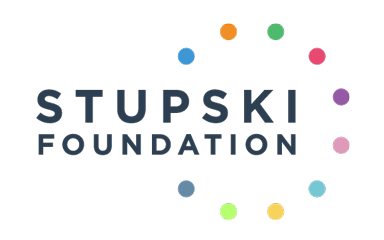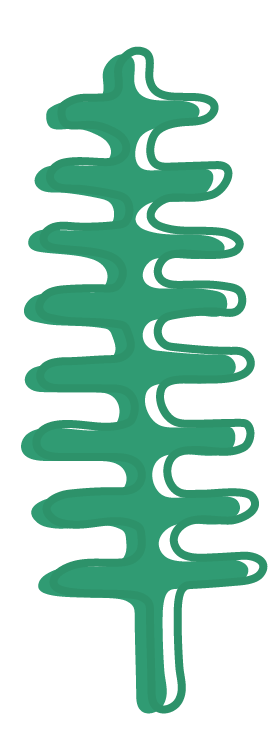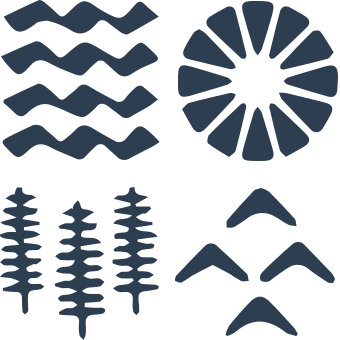Creating holistic and equitable systems of health by solving the unacceptable.
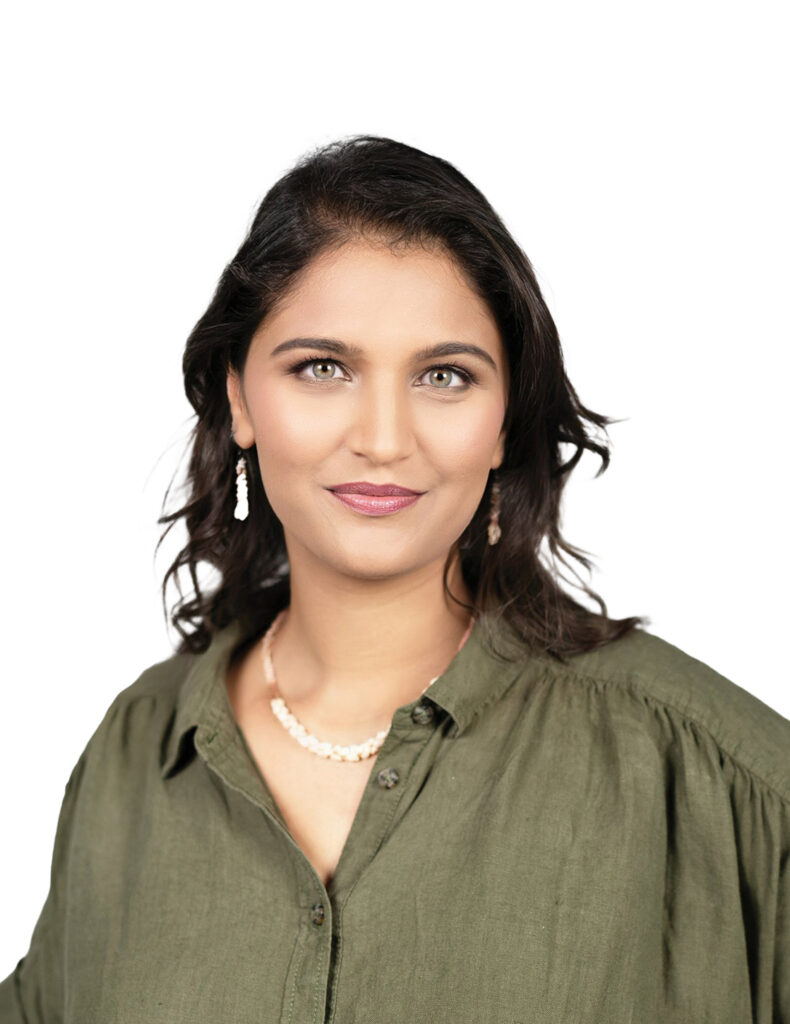
Hilo, Hawai‘i
“I am so lucky to be yours.”
I say this to my kids all the time; they are not something that is mine or that I possess. Instead, it is my privilege to foster their growth and dreams. I feel similarly about our Hawai‘i communities.
The privilege of reciprocity with ʻāina1, the practice of aloha2, and fostering pilina3 are my kuleana4. I want to be a good ancestor for my children and for our communities. This makes my work personal.
I lead the Stupski Foundation’s work to support early brain development and serious illness care in Hawai‘i while addressing community health holistically. In philanthropy, there has been a noticeable shift for foundations to hire staff who have lived experience in the community and with the societal challenges that they aim to address.
My journey in this space began as a mother of twins living on rural Hawai’i Island. During my high-risk pregnancy, I was acutely aware of the fact that if complications arose, I would need to medivac to O‘ahu for delivery, because the island lacks a neonatal intensive care unit. Some of our islands have no providers available for childbirth at all. This reality—limited access to providers and challenges with speciality care—deeply affected my sons’ early lives. Recently, one of my twins experienced an unprovoked grand mal seizure, which further highlighted the systemic challenges we face as we struggled to access the care he needed when he needed it.
What isn’t working? A referral system where the wait time for a neurologist consult is measured in seasons rather than weeks; the absolute absence of support (financial or otherwise) to coordinate inter-island travel for medically needed care; the incomprehensible number of medical bills and statements that are never in alignment, pouring in for the few visits my son was able to have. The distress of unknowable delays and barriers to care have a real impact on the life of a 17-year-old pursuing his dreams.
This is unacceptable—not just for my family but for any child in Hawai’i.
“The new context that restores community is one of possibility, generosity, and gifts, rather than one of fear, mistakes and self interest.” —Peter Block
Where are the places in our ecosystem that need to be bolstered? How do we solve the unacceptable? These lived experiences have deeply informed my work and commitment to improving health care in our community because I know that my family is not alone in facing these challenges.
In looking to bolster the holistic ecosystem, we look to our strong $15 million partnership with Community Health Centers, federally qualified organizations that not only focus on primary care but on wellness for individuals and families. During our years in partnership, I have seen a resolute commitment to one another as a network, made manifest and clear during the tragic wildfires last year on Maui. I have witnessed partners who share a common goal to create a holistic, comprehensive continuum of care for those in our community who too often find themselves at the mercy of an unacceptable system. Collectively, these Community Health Center partners are bridging ideas and working together to weave a network of care that incorporates it all: increasing provider access, partnerships between primary care and hospital providers, workforce housing, pay equity for community health workers, school-based clinics, access to healthy foods, and culturally appropriate healing practices.
$22 million for Hawai‘i health systems
As these partners work to solve the unacceptable, Stupski is reinforcing our support of their efforts by providing an additional $5 million on top of our original $15 million commitment.
The health care ecosystem also includes foundations, associations, and societies that provide critical linkages for families and communities to learn about health conditions and care processes, offer support when specialty care or insurance are unavailable, and make up for the dire and ever growing shortage of providers. They are a vital part of the solution, and we are committing $6.4 million in flexible support grants to an array of organizations that provide lifelines for neighbor island communities.
For now, my family continues to journey through the unknown, and we are fortunate to have a supportive network. Far too many Hawai‘i families are not as fortunate.
Let’s work together to change that by moving beyond the competitive nature of our health care system and instead focusing on building connections among hospitals, referral networks, and community health organizations. Trust-based philanthropy is essential for this effort because it centers every relationship in a context that goes beyond a simple financial transaction. While funding is important, it is our relationships and shared love for our Hawai‘i community that will drive real change now.
The practice of philanthropy is one that often fears risk while also holding fast to a perplexing need to measure short-term outcomes. Yet, Hawai‘i has long embraced aloha as a guiding principle, deeply woven into our culture as a powerful reminder of what is possible. The teachings and wisdom of our kūpuna5 remind us how to create beloved communities through love—not fear. As stakeholders, as partners, and as members of a community, we all have a shared responsibility to one another and to move away from what is unacceptable and toward a sacred commitment to our common humanity.
About the Author
Dr. Sulma Gandhi (she/her) joined Stupski Foundation in 2021 as the Hawaiʻi health program officer. She leads partnerships in Hawaiʻi focused on the critical areas of maximizing early brain development and improving serious illness care. Sulma’s passion is building diverse, equitable, and inclusive communities. For over 25 years, she has worked in the fields of health, human service, and education with both community-based and government organizations across Hawaiʻi.

Latest Hawaiʻi News
Read the latest Hawai‘i news about our grant-making, our partners, and how we are spending down
